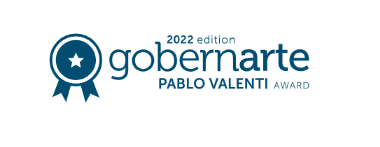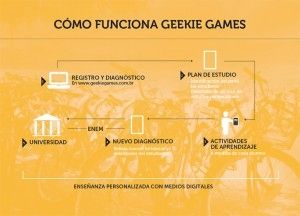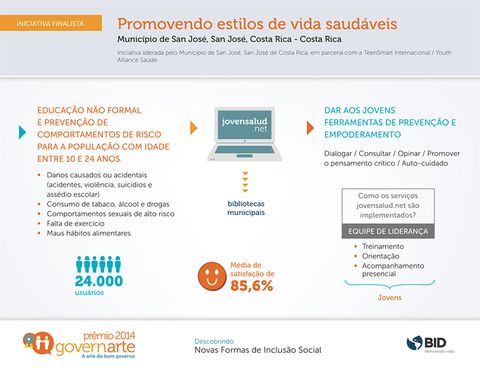
Call 2014: new forms of social inclusion
While poverty and inequality in Latin America have declined recently, it is estimated that approximately one in three Latin American remains poor and one in eight lives in extreme poverty (according to UN data). In the context of the economic growth that Latin America and the Caribbean is experiencing, governments are carrying out all kinds of efforts to make the benefits of growth reach all citizens, especially the most vulnerable: indigenous populations , afro -descendant communities , people with special needs, the elderly , among others.
At the subnational level of government, sometimes these efforts involve various stakeholders concerned about fostering the development of all the citizens of their communities. Citizens, civil society and the private sector work have worked with government authorities to create proposals that would benefit the most vulnerable populations. Many of these initiatives are based on mobile platforms or social networks, and develop tools that can create and disseminate more and better information, contribute to increased access to public services, and promote a more inclusive development.
There are plenty of good practices in the region at the subnational level that promote new forms of governance and community participation: mobile health, mobile education, mobile commerce, social network usage, more open government, shared management platforms , new mechanisms consultation and participation. These are some examples of services enabled by various state and local governments that are addressing challenges and needs as well as helping to improve the quality of life of Latin American citizens.
For its second edition, The GobernArte award aims to identify, reward and document digital tools to promote access of vulnerable populations to public services, developed by subnational governments in collaboration with civil society or the private sector.
In this edition the award had four subcategories:
- Initiatives developed by governments of third administrative level (municipality or other equivalent name) in partnership with the private sector.
- Initiatives developed by governments of third administrative level (municipality or other equivalent name) in partnership with non-governmental and civic organizations.
- Initiatives developed by governments in second administrative level (states, provinces, departments or equivalent denominations) in partnership with the private sector.
- Initiatives developed by governments in second administrative level (states, provinces, departments or other equivalent designations) in partnership with non-governmental and civic organizations
Winners 2014
COMPREHENSIVE STRATEGY TO SAFEGUARD THE PEACE IN COLIMA

Category 1: Alliance with the civil society at a provincial, departmental, regional, or state level (second administrative level).
Initiative developed by the Colima State, Mexico, with the Citizen Council for Public Security
DEMOCRACIA ACTIVA

Category 2: Alliance with the civil society at a municipal level (third administrative level).
Initiative developed by the Santiago de Cali Municipality, Colombia, with “Ciudadanos Activos”.
GEEKIE GAMES

Category 3: Alliance with the private sector at a provincial, departmental or state level (second administrative level).
Initiative developed by the Mato Grosso do Sul State, Brazil, with Geekie.
WELLNESS NETWORK

Category 4: Alliance with the private sector at a municipal level (third administrative level).
Initiative developed by the Vitoria Municipality, Brazil, with the Pathology Laboratory of Espirito Santo.
Informative document about the initiatives.
Infographics of the 10 finalist initiatives of Gobernarte 2014
that were presented in the Third meeting of municipality with sustainable development (Brazil).

| 
| 
| 
|

| 
| 
| 
|

| 
|

| 
| 
|

| 
| 
|






